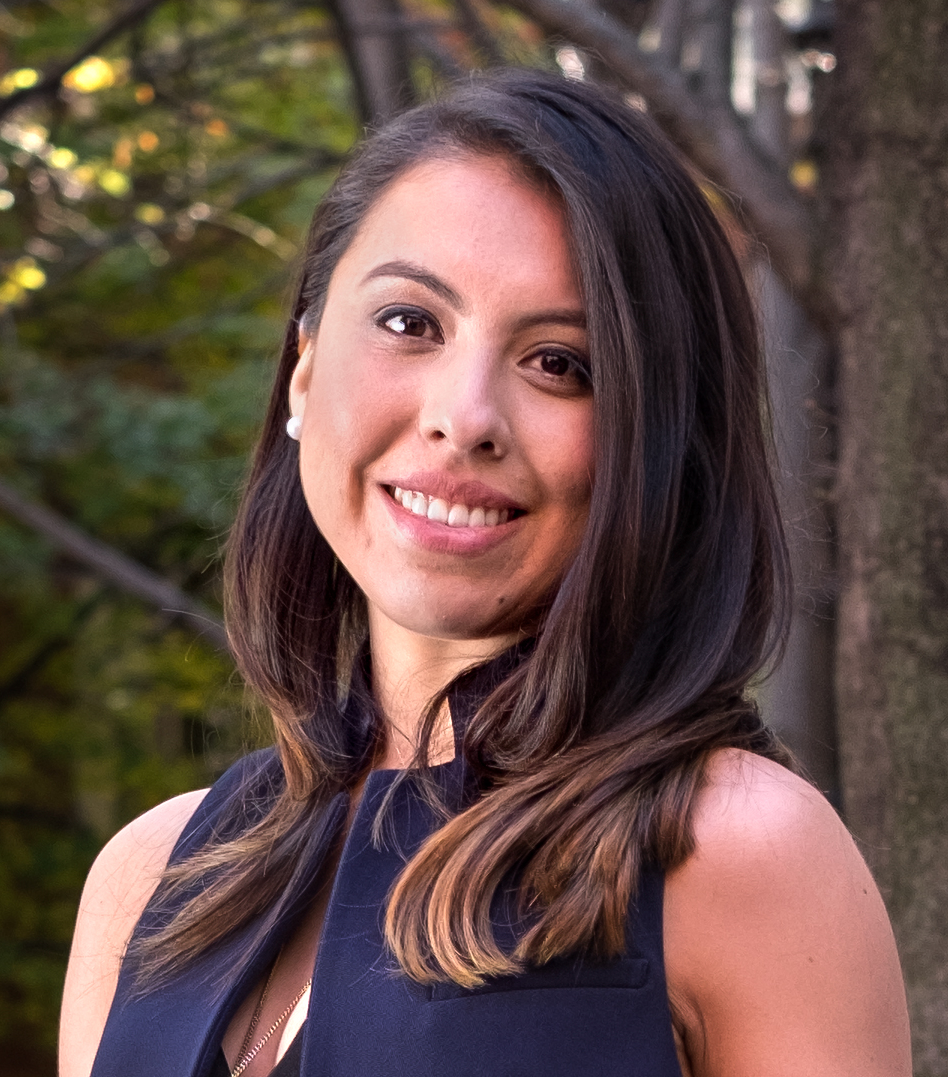Urpi Pariona (she/her)
Urpi was born in Peru and grew up in Chicago. She holds a bachelor's degree in political science from Yale University. After college, she joined President Obama's campaign team in 2012 as Regional Hispanic Press Secretary for Virginia and Ohio. Having developed an expertise in Hispanic voters, Urpi joined Google as a digital consultant, connecting Fortune 500 companies with multicultural audiences including African-American, Asian-American, and LGBTQIA+ communities. Urpi then decided to leave Google to get her MBA at The Wharton School, after which she is hoping to transition to a product-focused role through which she can continue advocating for all users. In her free time, she enjoys traveling with the Wharton Social Impact Consulting Club and mentoring Latina college students at UPenn.
After the OFA campaign, she received a couple of offers. One from President Obama’s press team and another one from Google’s start-up multicultural sales team. She turned down the White House offer for three reasons. First, she wanted a job that would offer her the greatest opportunity for growth, greatest resources for personal development, and largest scale for impact. Secondly, having seen how the use of analytics and digital platforms can make a positive impact in donations and voter turnout, she wanted to learn more about how technology could empower minorities and other communities around the world. Thirdly, she wanted an industry that aligned with her personal skills. She excelled working with large learning curves, constant change, and ambitious targets. The public sector isn’t known for quick changes, but tech is.
“I helped to organize a group at Google that advocated for using technology to empower all voters during the 2016 presidential election. It was comprised of individuals across the organization (advertising, engineering, marketing, etc). We advocated for Google to make search products available in other languages in addition to English. As a result, the One Box with voting information was released in Spanish and Chinese. I will never forget showing my mother how she could now type “where to vote” in Spanish and she’d be able to get directions to the nearest polling place and study the ballot questions. At least 20 million Spanish dominant Hispanics living in the US now had access to this information in Spanish and could become better-educated voters. This experience reminded me of the unparalleled scale of impact we have in the technology sector.”
Source of inspiration: Last semester in business school, my executive coach taught me to identify activities that give me energy and activities that deplete me of that energy. I figured out that painting, playing the guitar, working out, meditating, and volunteering are activities that give me energy. Whenever I do these, I lose track of time and after I finish I feel replete, ready to share that positive energy with others. I have since set time aside each day to pursue one of these activities for at least an hour.
Book recommendation: When I was an adolescent, full of dreams and ideals, my favorite book was The Alchemist. When I was unemployed and struggling to overcome a major life failure, my favorite book became Steve Job’s biography by Walter Isaacson. When I joined President Obama’s campaign, my favorite book became Dreams of My Father. When I was looking to strengthen my mind and find focus, my favorite book became Autobiography of a Yogi.




